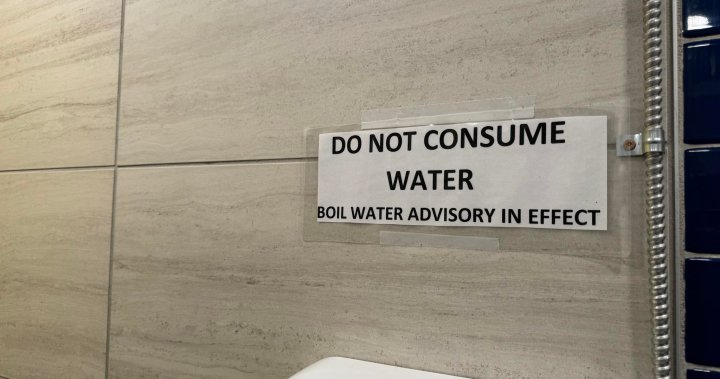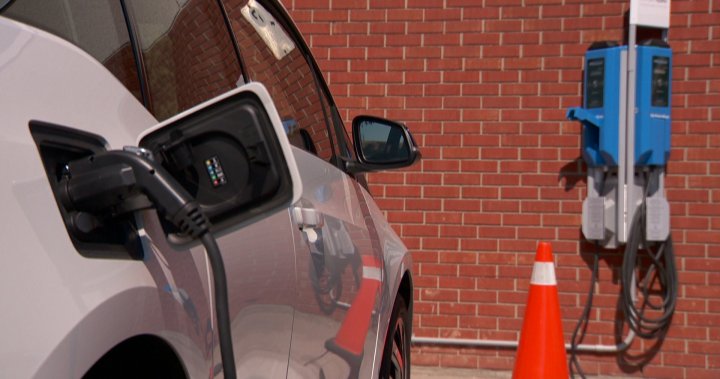The word “crisis” was mentioned in the House of Commons 1,747 times in 2021.
That’s the second-highest total for a single year in the past 28 years, which is as far back as Open Parliament‘s searchable database of Hansard extends. It’s surpassed only by last year, when “crisis” was spoken in the Commons 1,839 times.
In only two other years — 2008 and 2009, the years of the Great Recession — was the word “crisis” uttered by MPs more than a thousand times. From 1994 through 2000, it got mentioned an average of 405 times per year.
A once-in-a-century pandemic certainly counts as a crisis, and that obviously helps to explain the uptick. But COVID-19 is not the only crisis MPs have identified in the last 12 months.
The word also has been used to describe opioid addiction, inflation, the cost of housing, mental health, labour shortages, the fall of Afghanistan, the state of long-term care, sexual misconduct in the Canadian Forces and, of course, climate change.
After the throne speech last month, the Conservatives tabled an amendment that would have formally recognized a “cost of living crisis” and a “housing crisis,” as well as a “national unity crisis.”
Earlier this month, Bloc Quebecois MP Denis Trudel stood in the House and reported that “we are currently seeing several crises in Canada. Not only is there the health crisis, the climate crisis and, in Quebec, the language crisis, but there is also the housing crisis.”
A wake-up call for the planet
It’s possible the times are having an inflationary effect on political rhetoric, that the stress of the last two years is pushing politicians to speak in more dramatic terms. Social media also seems to offer a powerful incentive to emotional language. And “crisis” might just be a fashionable term that eventually will go out of style.
But perhaps the pandemic — while exacerbating some pre-existing problems — has made us more attuned to the other problems around us. Perhaps it has lent new urgency to all sorts of things.
In the case of climate change, the pandemic has offered instructive parallels. It also has coincided with a run of wildfires, storms and heat waves that proved the next great existential crisis is already here.

It can all seem rather daunting taken together — particularly at the end of another long year and as another new variant washes over the globe. And all of these challenges are converging at a sensitive moment for Western democracy.
In its submission to the Summit of Democracy hosted by U.S. President Joe Biden last week, the Liberal government wrote that the world’s democracies “need to renew dialogue within our countries to demonstrate that democracy remains the system best suited to serve all people, protect the most vulnerable and generate greater resilience.”
New year, same problems
That echoes Biden’s own stated desire to prove that democracy can still “deliver.”
Tangentially related to that is Trudeau’s claim that “cynicism” on the political left might threaten the idea of progressive government (however biased an observer the prime minister might be).
But the new year will at least bring new opportunities to confront the crises of the moment.
An updated climate plan is due from Environment Minister Steven Guilbeault by the end of March. Health Minister Jean-Yves Duclos has applications from the city of Vancouver and British Columbia’s provincial government to decriminalize the possession of small amounts of some drugs in response to the opioid crisis.

Indigenous Services Minister Patty Hajdu has funding from last year’s budget to finish the job of eliminating drinking water advisories in Indigenous communities. She also now has a new report from the Parliamentary Budget Officer that suggests more funding is necessary for the upkeep of water systems.
A new budget this spring should cover the Liberal government’s plans for housing, along with many other points of interest.
A viral stress-test for democracy
Canadians’ confidence in the ability of their governments to deal with these challenges may vary. It may depend on how they rate its approach to the pandemic.
Like water seeping through the cracks in a wall, the pandemic has exposed every fissure and flaw in our political and social structures. The worst failures — the death toll among the elderly in long-term care, the inequity of global vaccine distribution — have been glaring. Future reports will catalogue many mistakes and misjudgments.
In some cases — as Duclos recently conceded when discussing the Public Health Agency of Canada — institutions weren’t designed to do everything they’re being asked to do now. Our lack of preparation for a pandemic might be put down to a failure of imagination.
But the pandemic also has shown that political leaders, public servants and citizens can move with incredible speed to confront a problem. We’ve seen profound suffering but we’ve probably avoided much worse. We’ve had some real policy successes with things like domestic vaccination and government financial supports. Big things have been done.
Maybe Canadians will come away from the pandemic with higher expectations. With the capacities and imperfections of society and government laid bare, citizens might now ask their representatives to move faster, smarter and more boldly.
A crisis is a terrible thing to waste — not because it presents an opportunity but because it offers lessons and reveals truths. And one way to find something good in the suffering of the last two years is to approach the crises still facing us with a renewed commitment to building a stronger and more resilient society.






More Stories
Air Canada apologizes to national chief after flight crew took her headdress away | CBC News
Princeton, B.C. close to having multi-year boil water notice lifted | Globalnews.ca
First Nation in Ontario declares state of emergency over discharge from nearby plastics plant | CBC News